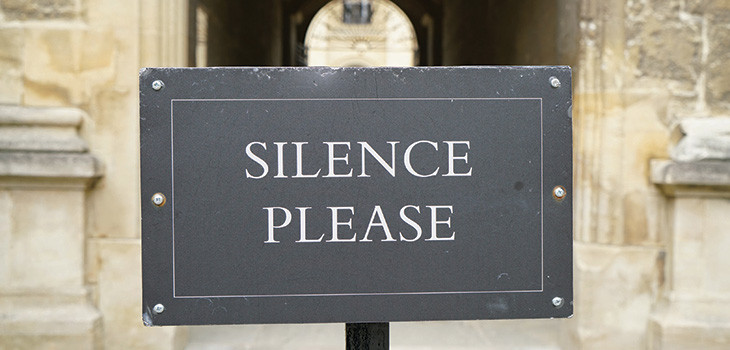
- How and when the privilege against self-incrimination (the right to silence) applies in civil proceedings.
In English criminal law, a suspect has a long-recognised right to remain silent. The police caution specifically reminds a suspect that they do not have to say anything, but that it might harm their defence if they do not mention something which they later rely on in court.
In civil claims with criminal or quasi-criminal implications, the right to remain silent can also apply: a defendant has the right not to give evidence, and is also entitled to assert the privilege against self-incrimination to avoid circumstances in which they are compelled to contribute to their own prosecution.
The principle of the privilege against self-incrimination originated from the common law, later codified in s 14 of the Civil Evidence Act 1968. This sets out that in proceedings other than criminal proceedings, a person has the right to refuse to answer any question or produce any document or thing that would potentially











